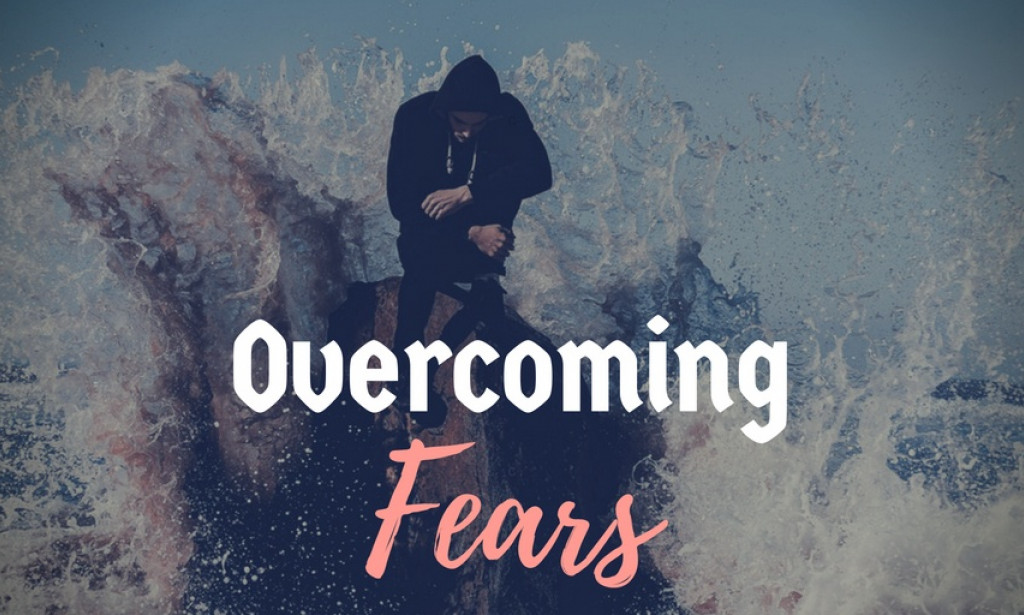5 STEPS TO OVERCOME THE FEAR OF SPEAKING IN FRONT OF AN AUDIENCE.
We all want to be unparalleled public speakers. We dream of self-confidence in our presentation, a good joke about breaking the ice, or stories about the audience that is relevant to the audience. We think about easy/easy answers to the most difficult questions, applause, and audience satisfaction. However, often our fears overwhelm us from the ladder, which we imagine standing on the top of the ladder thinking about public speaking, we lose the audience, we walk around an empty circle in which we do not see a single word. If you allow your fears to run away from you, you will not be able to eradicate them, you will not be able to do so. You can simply try to reduce it, for which you need to take at least five steps:
➡ BE PREPARED.
The first step to reducing your fears is good preparation. It means knowing the issue so well that you do not even have to think about it. Make sure you have all the details written down, try rehearsing the presentation with all the audio-visual equipment. If necessary, involve friends in this matter who will act as listeners and ask you questions that might even appeal to a real audience. Play a few scenarios during the presentation. You can also listen to your favorite music a few minutes before the performance.
➡ BE REAL.
Some fears are real, some are not. If you have 100 slides in a 30-minute speech, the fear of wasting time is not unfounded. You know that in such a case you have to skip part of the material, and specifically which part you consider less important is quite a dilemma, the first step of which - preparation can help you solve. As humans, we tend to dramatize events and see ourselves in extremely extreme situations. Make sure your fears are real, identify their risks.
Some specialists have a method - to draw three columns on a piece of paper, the night before the speech. One pillar is fear, the other - the worst thing that can happen if fear is justified, and the third - the best thing that can happen if a terrible scenario develops for you. For example, fear can be the appearance on stage, the scariest thing - if someone filmed you blunting, then posted on Facebook, the video went viral, and you were the subject of public ridicule. However, it can be an opportunity to show a wide audience that all people make mistakes, many can discover and understand about you this way. The more you know about the pros and cons of the expected situation, the less fear you will have.
➡ BE SENSITIVE.
Sensitivity is a great strength and a good way to connect with your audience. It means having cracks in the conversation and making mistakes too, allowing your audience to get to know you. They are not here just to get the dry information you provide, they want to feel something new, learn and make contact. Emotionally, the more connected you are to what you have to say, the more involved they are in the process. They feel what you feel. You can cite personal examples that are, to some extent, related to the topic of the speech.
➡ BE A SOURCE OF INSPIRATION.
If you are physically on stage, it does not mean that you are there. Your audience follows your thinking and feels much more than you say or do. Find ways to be a gift to your audience. Each of us has something worth passing on to others. You can become an inspiration, a push, an impulse, a motivator. I, despite realizing this, you are still scattered, the quickest way to perceive reality is to feel the solidity under your feet, breathe, find a benevolent face in the audience, and connect with it.
➡ BE GENEROUS.
Of course, there must be a reason, other than duty, for wanting to deliver information to an audience. It's the message you want to share with people, to penetrate their perceptions of their job, workgroup, family,y or community. You can become an inspiration, show direction, share experiences,s and thus, provide real help. How can you convey your feelings and views to others? How generously can you share them? How sensitive and sincere will you be in the process?
As soon as you implement these five steps in your practice, you should also think about how to balance them. Your ego might turn into your enemy. Its excess will lead to less sensitivity and poor connection with the audience, while its scarcity will not generate the trust of the audience. You need to choose the right caliber for yourself too to be convincingly humble and humbly persuasive.
In the end, it's easier to reduce the fear of public speaking with others. Find people who will be your "detachment" in this matter. To help Get together to be prepared, genuine, sensitive, inspiring. We all have something useful to give, we can all become a source of inspiration for someone, and talking is a good opportunity to do so.

You must be logged in to post a comment.